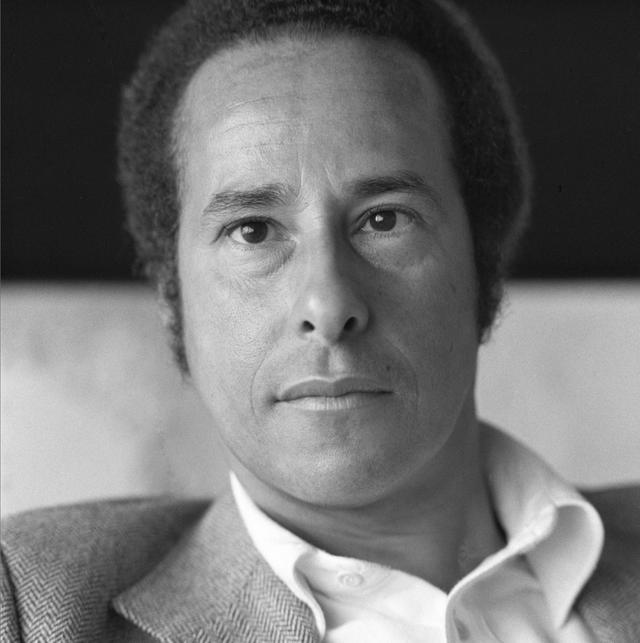The poetry of Hans Faverey
Hans Faverey is currently considered one of the greatest and most influential Dutch poets of the twentieth century. His first two collections, 'Poems' (1968) and 'Poems II' (1972) gained critical acclaim but were seen by some as ‘difficult’ and ‘hermetic’. His third volume, Chrysanthemums, 'Rowers' (1977), met with unanimous praise, and gained the Jan Campert Prize. The poems contained a sense of mystery and paradox, and also became slightly longer, setting a tone and format which he was to retain for the rest of his poetic life.

Faverey’s reputation was confirmed and strengthened by the volumes which followed: Lichtval (Lightfall, 1981), Zijden kettingen (Silken Chains, 1983), Hinderlijke goden (Troublesome Gods, 1985), and Tegen het vergeten (Against Forgetting, 1988). By the time of his last collection, Het ontbrokene (Default, 1990), Hans Faverey was generally recognized as the Netherlands’ most eminent poet. Shortly before his death in 1990, he was awarded the prestigious Constantijn Huygens Prize for his whole oeuvre.
These are the biographical details. But what reflection do they have in his work? The answer is precious little, at first glance anyway. Hans Faverey’s poetry avoids easy messages and conventional forms. There are no simple landscapes or narratives, presented for their own picturesque sake or in order to mirror the poet’s emotional state. As Faverey said in an interview: ‘You can’t see from my poetry what I’m like in daily life. The autobiographical in it is piecemeal, is assembled on it or sneaks inside, through associations, through ideas.’
Faverey’s poetry seems modern and classical at the same time, transparent and complicated, unpredictable and witty. His work contains traces of the ancient philosophers (e.g. Heraclitus, but also Meister Eckhart), Anglo-Saxon literature and Chinese poetry.
Faverey’s love for nature, his fascination for landscapes, is tangible in many of his poems. The title poem of Chrysanthemums, Rowers, in which eight rowers row further and further inland, until they simply cease to be, was an immediate household classic in Dutch poetry.
Hans Faverey was the purest poetic intelligence of his generation, the author of poems of lapidary beauty that echo in the mind long after the book is closed.
J.M. Coetzee
A real find among the extensive list of European poets being translated into English.
The Bloomsbury Review
